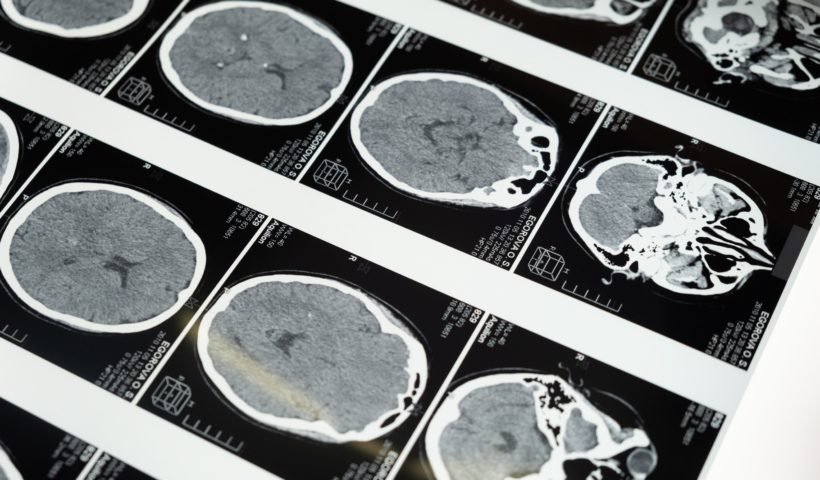As part of the Biden administration’s most recent initiatives to combat the rise of COVID-19 cases, four at-home test kits have been offered to each household in the U.S., but the conditions of this offer are yet another example of a consistent pattern of inequities during the pandemic.
View More The Inequitable Offer of 4 COVID Tests Per HouseholdAuthor: Sabrina Sy
Omicron Variant Causes Public Health Officials to Rethink Vaccine Booster Recommendations
With the discovery of the Omicron variant of COVID-19, much uncertainty has been injected into the conversation about booster vaccines — from questions about who should get them and when, to the matter of how using vaccine doses as boosters in the U.S. can prevent lower-income countries from receiving first dose supplies.
View More Omicron Variant Causes Public Health Officials to Rethink Vaccine Booster RecommendationsThe Ethical Challenges of Neural Technology
Neural engineering is an emerging interdisciplinary field that utilizes engineering techniques to discover the function and manipulate the behavior of the human brain. Current research in neural engineering focuses on the development of treatments for neurological disorders that deplete the health of the nervous system and explores how the nervous system operates in both health and disease. Neural engineering has huge potential to relieve suffering in those who have lost functionality in their nervous systems, but the further development of this technology raises a number of ethical questions about identity, privacy, responsibility, and justice. These questions must be thoroughly addressed in order to guarantee the most responsible future development and use of neural engineering technologies.
View More The Ethical Challenges of Neural TechnologySurgeons Perform First Successful Pig-to-Human Transplant Using a Genetically-Engineered Animal
In a revolutionary feat of science, medicine, and engineering, surgeons at NYU have successfully transplanted a pig kidney into a human. However, as biotech companies rush to develop suitable animal organs for transplants, we must address the ethical concerns behind xenotransplantation.
View More Surgeons Perform First Successful Pig-to-Human Transplant Using a Genetically-Engineered AnimalA Mammoth Feat: Colossal Biosciences Plan to Bring Back an Extinct Speciess
A company is proposing a Jurassic Park-esque project — to use CRISPR technology to resurrect the Woolly Mammoth in hopes the animals can restore the grasslands of the Arctic and maybe even reduce climate change.
View More A Mammoth Feat: Colossal Biosciences Plan to Bring Back an Extinct SpeciessThe Ethics of Vaccine Passports
The idea of vaccine “passports” is being considered by a number of countries (including the U.S.) to regulate travel, recreational gatherings, and more, but is the concept ethically permissible when the general population doesn’t have equal access to the COVID-19 vaccine?
View More The Ethics of Vaccine PassportsAn Examination of Uber’s Responsibility to Their Drivers
A recent ruling from a court in Britain has caused Uber to reclassify its drivers, allowing them increased benefits such as a minimum wage – is this something that can or should occur in other countries?
View More An Examination of Uber’s Responsibility to Their DriversFacebook’s Role in Mitigating Vaccine Misinformation
Facebook is cracking down on the spread of misinformation about vaccines – is this a violation of free speech or a valid effort to protect the public?
View More Facebook’s Role in Mitigating Vaccine Misinformation







